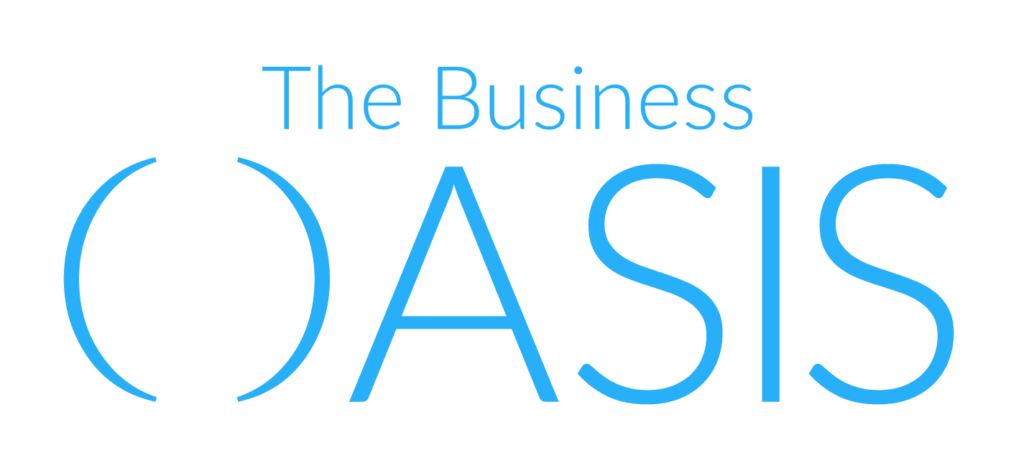Balancing Wealth: Strategies for Achieving Financial Peace
Balancing wealth is often an elusive goal. The path to financial success is not just about accumulating assets; it’s about managing them wisely to achieve a fulfilling and meaningful life. Achieving this balance involves meticulous planning, self-awareness, and a dedication to long-term prosperity.
In this blog, we will be exploring strategies and principles to help you balance wealth to enhance your quality of life.
Concrete Financial Goals
Balancing wealth begins with a clear vision of your goals. What do you want to achieve with your wealth? Is it financial security? Early retirement? Philanthropy, or something else? Defining your goals will provide direction and purpose for your financial decisions.
Create a Budget with Purpose
A well-structured and intentioned budget is the foundation of financial balance. Once this has been established, it makes allocating your income simpler in how you prioritize expenses and ensuring that you save and invest wisely. Make it a habit to track your spending and identify areas where you can cut back and redirect funds toward your financial goals.
Emergency Fund and Financial Security
Building an emergency fund is crucial to achieving financial balance. Having such a contingency provides a safety net for unexpected expenses or setbacks. In fact, experts recommend saving around three to six months’ worth of living expenses in an easily accessible account.
Manage Debt Wisely
Balancing wealth involves managing debt effectively. Ideally, you should prioritize paying off high-interest debts like credit cards, as they can chip away at your wealth over time. In order to reduce financial risk, consider consolidating or refinancing loans to reduce interest costs.
Save for Retirement
A great retirement plan should be the result of sound financial planning. Make sure that you contribute regularly to retirement accounts or pension plans. Take advantage of employer contributions and tax benefits to secure your financial future.
Invest in Yourself
Investing in acquiring additional skills and personal developments can be some of the best investments you make. Continuous learning and personal development can enhance your earning potential and contribute to long-term wealth balance.
Avoid Lifestyle Inflation
As your wealth accumulates, it’s crucial to avoid an unsustainable lifestyle. Impulsively increasing your expenses as your income grows can lead to financial imbalance. Save and invest some extra income to achieve your financial goals. Making small sacrifices can go a long way over time.
Regularly Review and Adjust
Balancing wealth is an ongoing process. Regularly review your financial plan, budget, and investments. Setbacks can occur at any time, which means that you should be adaptable in shifting your financial strategies as needed.
The holistic approach balancing wealth and financial well-being is to be mindful of your present and future goals, values, and quality of life. By creating a budget, managing debt, saving for retirement, and investing wisely, you can achieve financial harmony to enjoy your life to the fullest. Stay committed to these principles, and you’ll be on the path to peaceful financial future.

